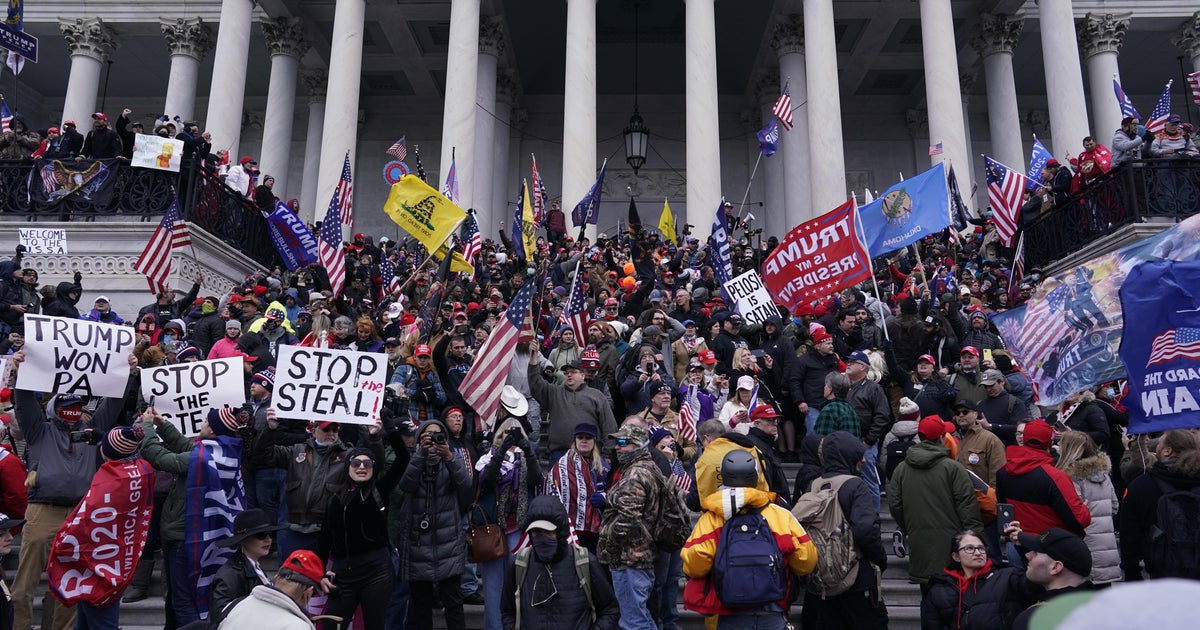Arizona GOP Senate candidates hold debate as negative ads overtake airwaves

The Republican candidates for Senate in Arizona faced off in a heated debate for the first time on Thursday night as the closely watched race is becoming one of the most expensive primary battles in the country.
GOP hopefuls vying to take on incumbent Democrat Sen. Mark Kelly include Attorney General Mark Brnovich, businessman Jim Lamon and venture capitalist Blake Masters. Kelly defeated incumbent Republican Sen. Martha McSally, who had been appointed to fill out the rest of late Sen. John McCain’s seat, in 2020. Kelly is considered one of the most vulnerable Democrats in the evenly divided Senate as Republicans hope to retake control in the midterm elections.
With early voting for the primary set to begin in two weeks, Republicans have already spent nearly $40 million on TV advertising, according to AdImpact, which keeps track of political ad spending.
Lamon, who is self-funding his campaign and has pledged to spend $50 million, has poured $7.8 million into TV ads. Masters is backed by Saving Arizona, a super PAC funded by billionaire Peter Thiel that has spent over $8 million on ads this cycle.
Recent polls show Brnovich, Lamon and Masters pulling ahead from the other candidates in the field. But Brnovich’s early lead in the race has now diminished. A poll from earlier this month showed Masters ahead with 28%, followed by Brnovich at 23% and Lamon at 17%. The poll was conducted days after former President Donald Trump endorsed Masters, saying he will be “strong on border security” and “tough on crime.”
Thursday’s forum, hosted by conservative advocacy group FreedomWorks, is the first time all three top candidates debated since Trump’s coveted endorsement.
Masters was quick to remind the audience that the former president supports his campaign, saying “weak establishment Republicans” have helped Democrats accomplish their goals.
“I am the only candidate that understands and is addressing the new and modern threats we face,” Masters said in his opening statement. “No more defense. Offense. That’s why President Trump endorsed me.”
The top-polling candidates spent much of the time attacking Democrats and President Joe Biden on issues like inflation, border security and foreign policy — but they didn’t hold back on attacking each other, too.
Brnovich and Lamon both attacked Masters for his ties to Thiel, saying Big Tech is a threat to Americans and Masters represents their interests. “I am going to call it like it is up here,” Lamon said, “do we really need (Thiel) to buy a seat for Arizona from California?”
“I know that the answer to Big Tech is not having someone that’s financed by Big Tech and made all their money in Big Tech,” Brnovich added.
Masters fired back, saying Arizonans should vote for someone “who actually understands” tech to take on companies like Google and Facebook. The 35-year-old venture capitalist said he worries most about Google and called for a team of software engineers to monitor the search engine’s headquarters leading up to elections.
“I know how it works, I am telling you they have the motive and opportunity and capability to swing a presidential election,” Masters said.
Masters and Lamon have relied on advertising to raise their profiles with voters but the two campaigns are now increasingly using the ads to attack each other. A new ad from the Save Arizona PAC claims Lamon is “associated with forced slave labor” in China and that his company imported supplies from Chinese markets.
Lamon was the founder and CEO of DEPCOM Power, an engineering company that built utility-scale solar power plants, before he sold it in November to Koch Industries. According to ImportGenius, which tracks imports and exports of U.S companies, Lamon’s solar power company routinely ordered materials from LONGi, a Chinese company that exports parts needed for solar panels. It sent nearly 10 million pounds’ worth of solar panel parts across 248 containers to DEPCOM.
According to the Helena Kennedy Centre for International Justice, LONGi is a strategic partner of Xinte, which is the subsidiary of Xinjiang-based manufacturer TBEA. Researchers at the Kennedy Centre for International Justice said that TBEA “enthusiastically heeded the call to engage” in forced labor programs against Uyghur Muslims in China.
In November, weeks before Koch Industries announced its deal to buy DEPCOM from Lamon, LONGi said in a filing with the Shanghai Stock Exchange that U.S. Customs and Border Patrol detained shipments of its products to America.
The confirmation from LONGi that its products were seized by U.S. officials came months after the Biden administration promised to crackdown on imports of Chinese-made products used to make solar panels, following an international pledge to rid the global supply chain of human rights abuses.
Lamon said Thursday night that a large portion of solar panel parts come from China and his company was at the forefront of pushing to lower American reliance on Chinese manufacturing. “We worked hard with American suppliers and companies to get that number down,” Lamon said.
Lamon also called for Chinese individuals who are in America on a visa “to go home.”
“I know how the Chinese play. They do not need to be in this country,” Lamon said.
The new ad from Saving Arizona aired nearly 80 times in two days this week across the Phoenix market, according to AdImpact. It started airing just a day after Lamon’s campaign pulled one of their ads where a supporter of the businessman says Lamon has “always opposed China,” adding, “don’t believe Blake Masters or his pro-China, big tech billionaire.”
Earlier this year, Republican candidates running to be the Senate nominee in Pennsylvania spent more than $25 million combined attacking each other on the airwaves during the primary. Trump-endorsed Mehmet Oz ended up winning that race by just 951 votes.
Now, the GOP Senate primary in Arizona is turning out to be just as expensive and the results could be just as close.
Kelly’s campaign, meanwhile, has reserved more than $23 million in ad time between Primary Day and General Election Day in November.
According to AdImpact, Democrats are set to spend more than $80 million during that period to defend Kelly while Republican groups have reserved over $55 million in ad time to flip the seat.
World News || Latest News || U.S. News
Source link



